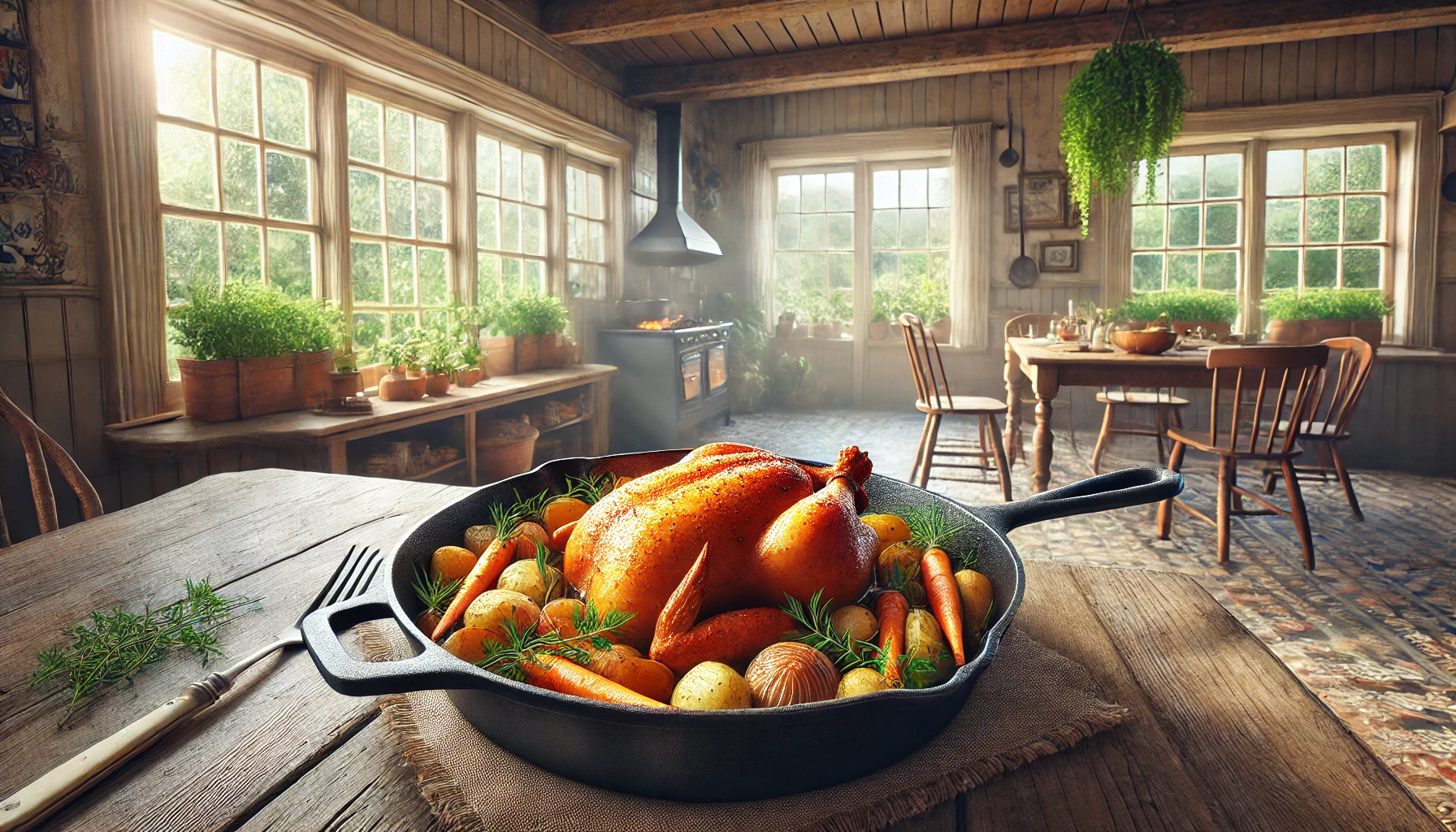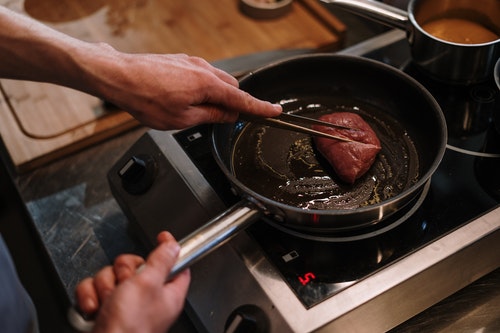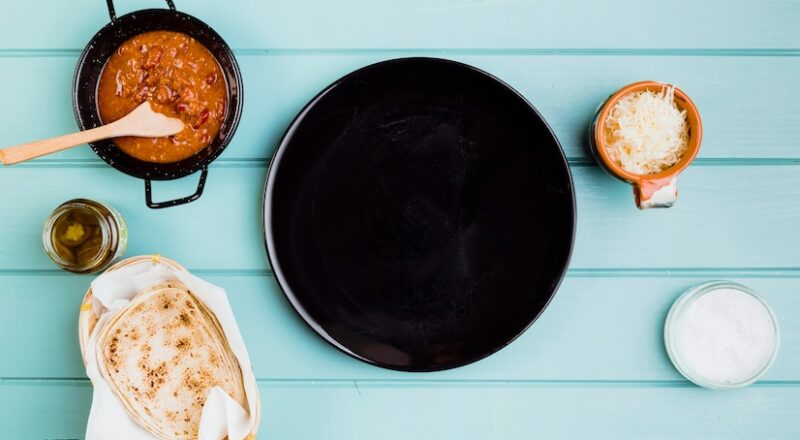Cooking salmon on a cast iron skillet is an art. The combination of flavors and the unique texture make it a delight for any meal. However, knowing how long to cook salmon on cast iron skillet can be tricky. Let’s dive deep into this topic and ensure your next salmon dish is perfect.

Introduction to Cooking Salmon on a Cast Iron Skillet
Salmon is a versatile fish, rich in flavor and nutrients. Cooking it on a cast iron skillet enhances its taste and gives it a beautiful, crispy skin. But, to achieve this, you must be aware of the cooking times and techniques.

Why Use a Cast Iron Skillet?
Cast iron skillets are known for their even heat distribution. This ensures that your salmon cooks uniformly, without any hot spots. Additionally, the natural non-stick surface of a well-seasoned cast iron skillet means you can use less oil.

Preparation Before Cooking
Selecting the Right Salmon
Always choose fresh, high-quality salmon. Wild-caught salmon tends to have a richer flavor compared to farm-raised ones.
Seasoning the Salmon
Simple seasoning with salt, pepper, and a touch of olive oil can enhance the natural flavors of the salmon. Feel free to add herbs like dill or spices like paprika for an extra kick.

Step-by-Step Cooking Guide
Heating the Cast Iron Skillet
Before placing the salmon, ensure your cast iron skillet is adequately heated. This usually takes about 5 minutes on medium-high heat.
Cooking Times Based on Salmon Thickness
The cooking time for salmon varies with its thickness. Heres a general guide:
- 1-inch thick fillet: 3-4 minutes per side.
- 1.5 inches thick fillet: 5-6 minutes per side.
- 2 inches thick fillet: 7-8 minutes per side.
Flipping the Salmon
To avoid the salmon falling apart, flip it gently using a fish spatula. Cook the first side until it releases easily from the skillet.
Tips for Perfectly Cooked Salmon
Using a Meat Thermometer
For precise cooking, use a meat thermometer. The internal temperature of cooked salmon should be around 145F (63C).
Avoiding Overcrowding
Overcrowding the skillet can lead to uneven cooking. Ensure theres enough space between each piece of salmon.
Common Mistakes to Avoid
Not Preheating the Skillet
A cold skillet can result in unevenly cooked salmon. Always preheat your cast iron skillet before adding the fish.
Overcooking the Salmon
Overcooked salmon can be dry and tough. Stick to the recommended cooking times and always check the internal temperature.
Serving Suggestions
Simple Side Dishes
Pair your salmon with simple side dishes like roasted vegetables, quinoa, or a fresh green salad.
Adding Sauces
Drizzle your cooked salmon with a lemon butter sauce or serve with a creamy dill dip for extra flavor.
Cleaning and Maintaining Your Cast Iron Skillet
Maintaining your cast iron skillet ensures its longevity. After cooking, clean with warm water, avoid soap, and dry thoroughly. Apply a thin layer of oil to prevent rusting.
For more detailed steps, you can check our guide on cleaning a cast iron skillet.
FAQs
How do I know when my salmon is done?
Your salmon is done when it flakes easily with a fork and has an internal temperature of 145F (63C).
Can I use frozen salmon?
Yes, but ensure it’s fully thawed before cooking for even results.
What if I dont have a meat thermometer?
Check for visual cues. The salmon should turn opaque and flake easily.
For more great recipes and cooking tips, check out this guide.
As an Amazon Associate, I earn from qualifying purchases.

